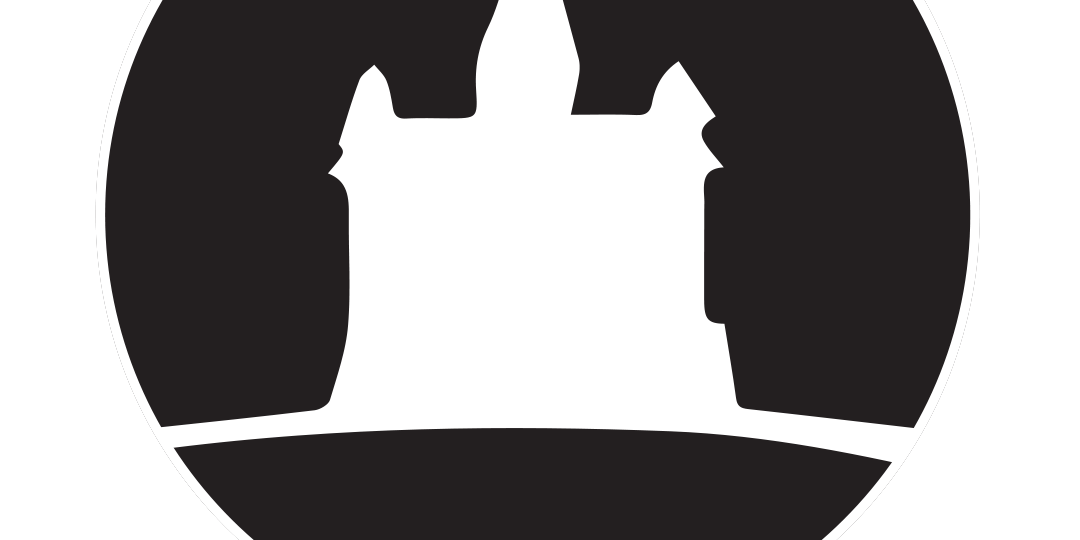
Dear Editor,
On March 14, 2024, St. Olaf faculty voted to endorse the Statement of Principles included below. Why is this important for you as students? This statement offers a vision of an open and diverse campus in which faculty, students, staff, administrators, and regents all play a crucial role. Our hope is that you, as students, will help make this vision a reality by nurturing curiosity, humility, and openness to others, especially those who differ most from you.
Doug Casson
Professor and Chair of Political Science
Statement of Principles: Academic Freedom, Critical Inquiry, and Free Expression:
St. Olaf College has long recognized that academic freedom is essential to its mission. This abstract commitment is made tangible not only through legally binding policies and procedures, but also through shared practices, habits, and norms. Ultimately, the vitality of academic freedom in teaching and research depends on the vitality of a wider culture of critical inquiry and free expression. Faculty, students, staff, administrators, and regents all play a role in fostering a community that provides its members the broadest possible latitude to speak, create, listen, question, and learn.
By endorsing this statement of principles, we dedicate ourselves not only to the protection of academic freedom for faculty, but also the cultivation of an environment of critical inquiry and free expression for all members of the college community. While distinct, the concepts of academic freedom, critical inquiry, and free expression overlap in significant ways and each contributes to our mission.
In order to “excel in the liberal arts, examine faith and values, and explore meaningful vocation in an inclusive, globally engaged community nourished by Lutheran tradition,” we welcome multiple and often conflicting perspectives and engage those perspectives with reflection, analysis, and critique. We examine faith and values by testing our deeply held beliefs and commitments against alternatives. We explore meaningful vocation by reflecting critically on our past influences, current commitments, and future aspirations. We form an inclusive, globally engaged community in part by listening to people from all backgrounds as a way of understanding them, even when we do not agree. Finally, we are nourished by the Lutheran tradition when we critically explore its insights as well as its blind spots.
As members of a college associated with the Evangelical Lutheran Church of America, we view human reason and creativity as gifts and understand the constant cultivation of these gifts as a shared task and responsibility. Since reason and creativity grow best in a diverse ecosystem, we seek to sustain an environment in which members of the community feel free to explore new and controversial ideas. We nurture curiosity about alternative ways of viewing a situation or problem, discipline to follow arguments and evidence to their conclusions, humility in accepting criticism, grace in the midst of friction, and respect for people with differing views.
An environment of critical inquiry and free expression is an environment where we encounter different perspectives, competing ideas, and alternative claims to truth. We recognize that encountering opposition to our firmly held commitments can be difficult and uncomfortable. Yet thoughtful engagement in the context of genuine diversity often involves opposition and, at times, conflict. We do not view conflict in itself as harmful or abusive. We are confident that our disagreements will help us better understand each other and ourselves. Those disagreements might even help us uncover the truth. It is crucial, then, that we practice critical inquiry and free expression in the context of disagreement.
While we are free to challenge ideas that are expressed on campus, and to criticize or even protest invited speakers, we are not free to silence them. We are not free to obstruct or interfere with the freedom of others to express arguments with which we disagree or the freedom of others to hear those arguments. In fact it is the responsibility of the college to protect critical inquiry and free expression when others seek to restrict it.
Similarly, when we express our own ideas, we should not expect to be immune from critical scrutiny. We should welcome it. By cultivating an openness to challenges that our ideas might elicit and a willingness to adjust our views in light of new evidence, we prepare members of our community to form their own considered judgments about the complex and controversial questions they face in the world.
Our commitment to free and open inquiry does not mean that everyone has a right to say anything one wants at any time. The college may restrict expression that violates the law or disrupts the ordinary activities of the institution. Yet these limitations should be narrowly tailored and not used in ways that undermine the college’s mission or erode its commitment to critical inquiry and free expression.
It is not the role of the college to take a stand on contested matters of public debate, silence unpopular views, or shield ideas from critical engagement. It is the role of a college to cultivate conditions in which ideas can be questioned and tested according to standards of rational debate, scientific analysis, and academic rigor.
By fostering habits, practices, and norms that encourage members of our community to take risks, question prevailing assumptions, and explore new puzzles, we nurture an environment in which we are better able not only to protect academic freedom, but also to pursue our mission. We cultivate in our students a critical orientation that never rests, but experiments, fails, and tries again.
Working Group on Academic Freedom (appointed by the Faculty Governance Committee):
Ashley Hodgson (Economics)
Doug Casson (Political Science)
Ibtesam Al Atiyat (Sociology/Anthropology)
Jason Marsh (Philosophy)
Gregory Walter ’96 (Religion)
Brendon Westler (Philosophy)
Otessa Olson ’24 (Student Representative)
Faculty Governance Committee Academic Freedom Subcommittee:
Doug Casson (Political Science)
Hsaing-Lin Shih (Asian Studies)
Matthew Wright (Mathematics, Statistics, and Computer Science)

